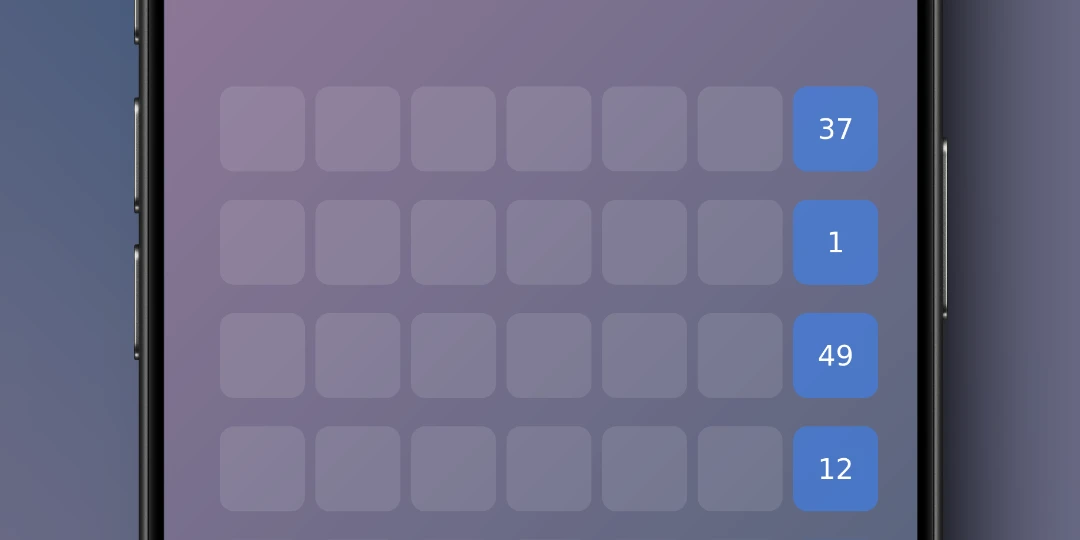Binary Game: Learning Through Play
Project Overview
The Binary Game turns abstract binary concepts into an interactive puzzle that makes learning intuitive and engaging. As a fundamental concept in computer science, binary deserves more than dry textbook explanations—it deserves to be experienced.
How It Works
Players interact with a grid of binary cells (0s and 1s) and must match target decimal sums for each row and column:
- Choose Your Challenge: Select from 4×4, 5×5, or 6×6 grids
- Toggle Binary Cells: Click to flip between 0 and 1
- Match the Decimal Sums: Each row and column displays its target decimal value
- Win by Solving the Puzzle: Match all rows and columns to win
Technical Highlights
Binary-Decimal Conversion Engine
The game features a real-time conversion system that:
- Instantly translates binary sequences into decimal values
- Provides immediate visual feedback when matches occur
- Reinforces place value understanding through interaction
Procedural Puzzle Generation
Each game creates a unique binary puzzle by:
- Generating a random binary matrix configuration
- Calculating target decimal sums for rows and columns
- Ensuring every puzzle has at least one valid solution
Modern UI with Glassmorphism
The interface employs contemporary design techniques:
- Frosted-glass backdrop effect for depth and contrast
- High-visibility color coding for binary states
- Responsive layout that works on all devices
Educational Design
The game teaches through progressive complexity:
- Beginner (4×4): Introduces 4-bit numbers (0-15)
- Intermediate (5×5): Advances to 5-bit numbers (0-31)
- Advanced (6×6): Challenges with 6-bit numbers (0-63)
Players naturally develop:
- Pattern recognition for common binary values
- Quick mental conversion between number systems
- Understanding of place values in different bases
Learning Tools
The "Give Up" feature transforms struggles into learning opportunities by:
- Revealing the correct solution
- Demonstrating how binary configurations create specific decimal values
- Allowing players to study patterns before trying again
Technical Challenges Solved
- Creating puzzles with unique solutions
- Balancing difficulty across grid sizes
- Optimizing for mobile touch interactions
- Maintaining smooth performance across devices
